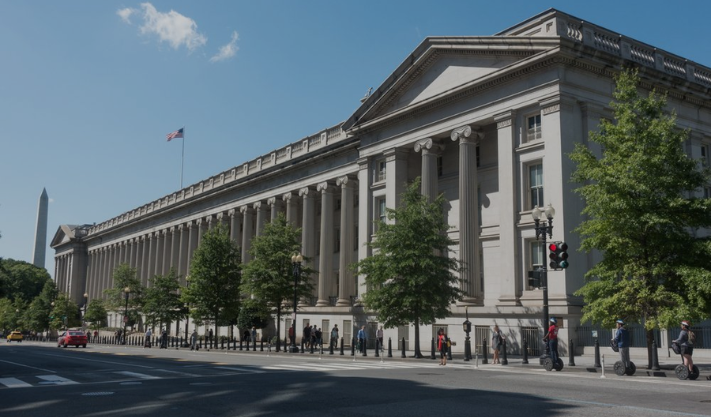Egypt’s Rent Law Changes Cause Big Debate as Rents Rise Up to 20 Times
Egypt’s parliament has approved a new law to change the country’s old rent system, which has been in place since 1981. This law affects around 3 million rental units—about 7% of Egypt’s real estate, according to 2017 data.
Big Rent Increases
The new law increases rent sharply:
-
In expensive areas, rents can go up to 20 times the old rate (with a minimum of $20/month or EGP 1,000).
-
In middle- and low-income areas, rents will rise 10 times, with minimums of $8 (EGP 400) and $5 (EGP 250).
-
For non-residential units rented by individuals (like shops), rents will go up 5 times.
The old law fixed rents based on land value when the building permit was issued, and rents did not increase over time.
Landlords vs. Tenants
Landlords are happy with the changes. Mustafa Abdel Rahman, head of the old property owners’ group, said the previous law was unfair and didn’t match today’s prices. He said landlords had asked for even higher minimum rents and a 3-year delay before evictions.
Tenants, however, are worried. Elham Aydaros from the Bread and Freedom Party said the changes could lead to unrest. Many elderly people live in these homes and may not have anywhere else to go. She also said the alternative housing being offered is in far-away areas that don’t suit them.
Dealing with Empty Homes
The new law allows landlords to ask for evictions if a home has been empty and locked for over a year without a good reason, or if the tenant owns another suitable property. Over 400,000 old-rent homes are empty, according to 2017 government data.
MP Ahmed Bilal said landlords should get these homes back if tenants are not using them.
Alternative Housing and Challenges
The law gives tenants the right to apply for alternative housing before their lease ends. They must agree to leave their current home once a new one is provided. The most vulnerable people will get priority.
However, MP Bilal criticized this plan. He said the government hasn’t shared updated numbers on how many people need new homes or how much it will cost.
End of Lifetime Leases
The old law gave tenants lifetime rights and allowed them to pass leases to children if they lived together. Rent didn’t increase over time.
Now, the new law introduces:
-
A 7-year period for residential tenants before their contracts end.
-
A 5-year period for shops and similar non-residential properties.
After that, all rent contracts will follow regular civil law, where landlords and tenants agree freely on rent and terms.
Strong Reactions
Article 2 of the bill—about ending old contracts—was the most controversial. MP Bilal and 24 others walked out after it was approved. He said the government didn’t explain how it would evict 3 million units in 7 years or protect the rights of original tenants and their families.
But legal expert Dr. Reda Farhat supported the law. He said it restores fair rental agreements between landlords and tenants and ends years of unfairness.
In 2024, Egypt’s top court had already ordered lawmakers to remove the fixed rent system, saying it violated property rights.
Published: 3rd July 2025
For more article like this please follow our social media Twitter, Linkedin & Instagram
Also Read:
Egypt’s $1B Sukuk: Fresh Funds or Debt Restructuring Plan?
Qatar’s Economy Up 3.7% in Q1 2025, Hits $49.8 Billion
Bahrain Launches 4-Year Bond With 6.25% Fixed Return





